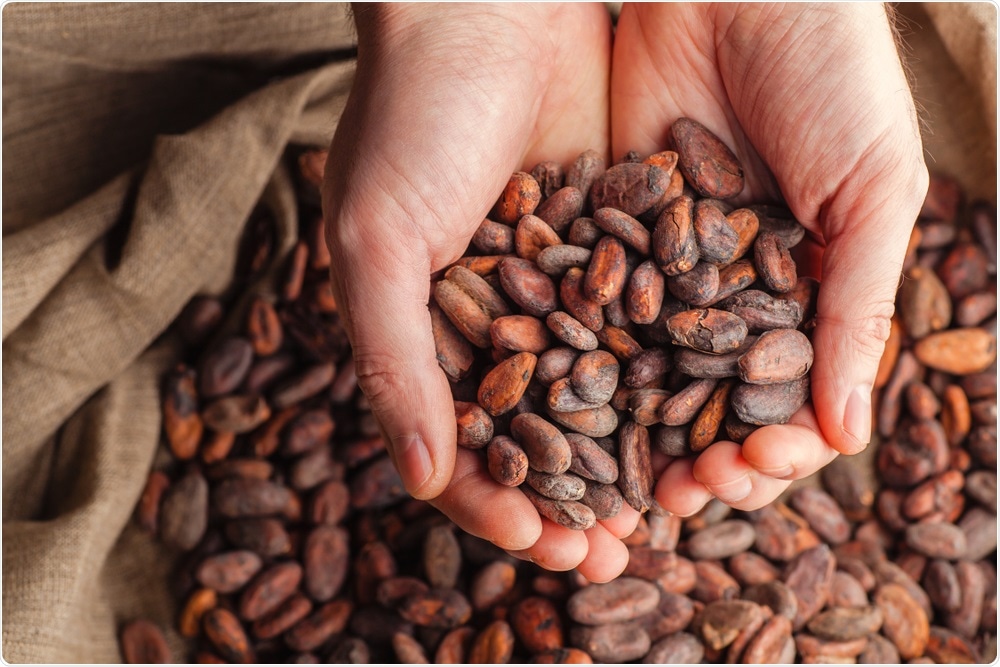A new study has shown that drinking a cup of flavonoid-enriched cocoa each day could help to reduce fatigue in people suffering from multiple sclerosis.
 Kirill Z | Shutterstock
Kirill Z | Shutterstock
Daily consumption of the drink could be a convenient and safe way to alleviate the tiredness that affects 90% of people with multiple sclerosis, say the researchers.
Multiple sclerosis is a neurodegenerative condition that affects more than 100,000 people in the UK alone and fatigue is one of the most challenging symptoms of the condition.
Flavonoids, which are the antioxidants also found in fruit, vegetables and red wine, have previously been shown to have anti-inflammatory and free radical scavenging properties.
Research has also linked flavonoid intake to health benefits such as improved heart and gut health and increased longevity. Furthermore, studies involving chronic fatigue sufferers have suggested that eating dark chocolate may boost energy levels.
For the current study, Paolo Ragonese (University of Palermo in Italy) and team recruited 40 patients recently diagnosed with multiple sclerosis and gave them a cup of flavonoid-rich cocoa or a low-flavonoid version to drink every day for six weeks.
As reported in the Journal of Neurology Neurosurgery and Psychiatry, those who drank the high-flavonoid drink reported a 45% improvement in alertness levels and an 80% boost in walking speed, compared with the participants who were given the low-flavonoid drink. The researchers also found that those drinking the flavonoid-rich drink reported a reduction in pain symptoms.
Ragonese says the study demonstrates that dietary interventions may offer possible long-term benefits to support fatigue management, by improving fatigue and walking endurance:
The use of dietary approaches to reduce fatigue and associated factors in people with MS may be an easy, safe, and cost-effective way to have an impact on quality of life and independence, allowing people to feel more in control of their condition.”
Paolo Ragonese, Author
Next, a full evaluation, including wider geography, longer follow up and cost-effectiveness is indicated, concludes Ragonese.
Source:
Ragonese, P. 2019. Preliminary results from a feasibility study suggest a potential role for flavonoid enriched cocoa to treat fatigue, one of the most challenging symptoms of multiple sclerosis.